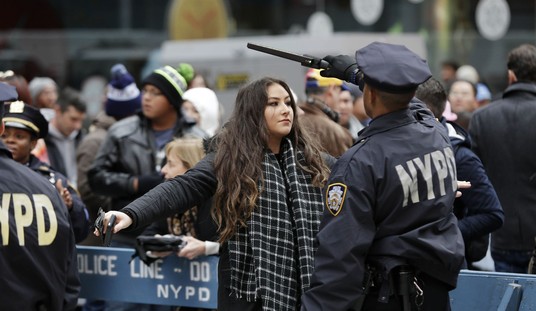The IndieWire Website has an interesting roundup of legendary Hollywood misfires, from Otto Preminger’s Skidoo to Michelangelo Antonioni’s Zabriskie Point to Steven Spielberg’s 1941, and Robert Altman’s Popeye:
Cocaine: it’s a helluvadrug. You want foolish and ill-conceived ideas from a hazy mind? There’s no coincidence between producer Robert Evans falling on hard times and “Popeye” (Evans was convicted for attempting to buy bags of blow during production). Evans’ bright idea was hiring iconoclast Robert Altman to direct a big-budget mainstream family film and musical. Altman hired Harry Nilsson to score the film, and rarely tempered his overlapping dialogue and cross-cutting style. Starring a mumbling Robin Williams as the titular sailorman, a diverting Shelley Duvall (whose futzing, puttering around, worried character might be the most enjoyable part), plus character actors Ray Walston and Paul Dooley, the biggest issue might be the glacial pacing and lethargic script by Jules Feiffer (“Carnal Knowledge”), not to mention a charisma-free villain in Paul L. Smith. Sporting the tone of a fully sated Altman on an all-expenses paid vacation in Malta—where the film was shot on location to the tune of a cool $20 million (not sliced bread for 1980)—“Popeye” has its occasional jovial and whimsical moments, but there’s just so much fat around the meat, it’s hard to find the actual story: it’s apparently about a fatherless sailor in search of his pappi (like the story really matters). Part of “Popeye”‘s biggest problem is that it seems like a rudderless narrative that is an excuse for Popeye to eventually eat spinach, kick Bluto’s ass and finally play the famous Popeye theme from the cartoon. But up to that point, the picture feels like rote and rather protracted foreplay (Leonard Maltin called it, “astonishingly boring” at the time, and he’s at least half right).
Popeye is considered by many the film that ended Robert Altman’s Hollywood career for the next decade, but ironically, it was one of his biggest grossing hits since M*A*S*H:
The film grossed US$6,000,000 on its opening weekend in the U.S., and made US$32,000,000 after 32 days. The film earned $49,823,037 at the United States box office—more than double the film’s budget—and a worldwide total of US$60,000,000.
Of course, in the era of Star Wars and the Empire Strikes Back, that was considered chump change by the studios. But then, as Peter Biskind described in Easy Riders, Raging Bulls, the young turks of the early 1970s and Altman, a much more grizzled veteran who burst onto the scene at the same time were all rather astonished by three fundemental developments back then:
- Film studios exist to make money.
- An excess of drugs can very often impact your ability to make creative decisions.
- The dark cinematic ethos of the 1970s was over.
One difference though: back then, we were surprised when a film went completely off the rails. These days, we’re more surprised when a film has mere competence. But that’s progress, Hollywood-style, I guess.










Join the conversation as a VIP Member